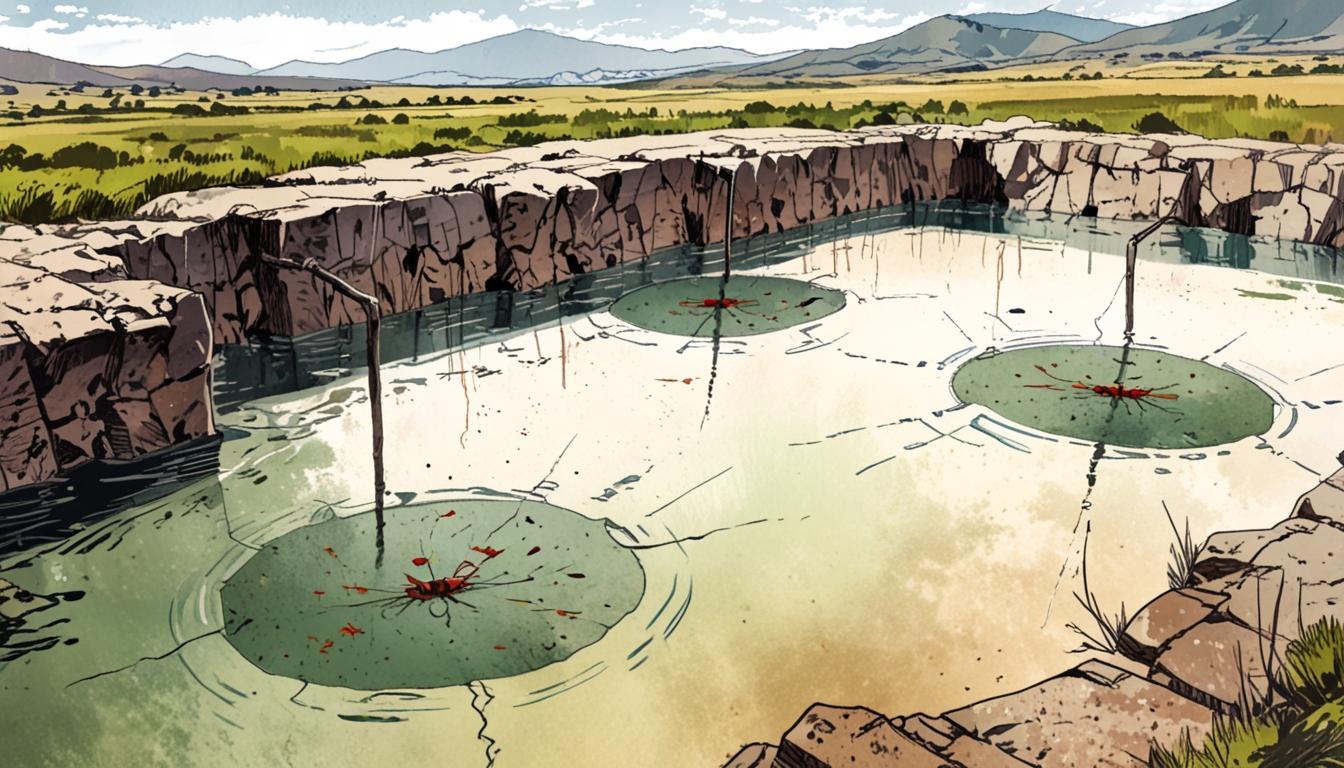Several regions in Spain have been placed on "red alert" as authorities brace for a potential mosquito infestation linked to recent heavy rainfall. The warning spans across seven regions, where experts indicate that accumulated standing water combined with rising temperatures is conducive to a mass hatching of mosquito larvae. This uptick in mosquito population raises concerns about an increased risk of West Nile Virus transmission.
The alerts coincide with a sequence of storms that have affected the region throughout March, notably beginning with Storm Jana, followed by Storms Konrad, Laurence, and Martinho. These storms have created large pools of stagnant water in various locations—such as drains, ponds, and abandoned lots—which experts deem to be perfect breeding grounds for mosquitoes.
According to Europa Sur, experts advise against immediate fumigation until a significant portion of the standing water has receded. For tourists visiting from the UK, health specialists recommend several preventative measures to keep mosquitoes at bay. These include installing mosquito nets on windows and doors, using containers filled with vinegar or lemon halves to repel insects with their scent, and incorporating mosquito-repellent plants such as citronella, which produce an aroma unappealing to mosquitoes.
Moreover, water diffusers with essential oils, particularly eucalyptus and lemon, are noted for their repellent properties. Tourists can also consider crafting homemade traps using warm water, brown sugar, and yeast. The fermentation of these ingredients produces gases that are specifically attractive to mosquitoes, offering another method of reducing their presence.
The nuisance of mosquito bites extends beyond discomfort; they can instigate severe allergic reactions in certain individuals. As reported by Birmingham Live, in cases of significant inflammation caused by mosquito bites, pharmacists suggest the usage of antihistamine creams to help alleviate symptoms.
Areas popular with tourists—including Gibraltar, Tarifa, and regions noted for natural beauty such as Los Alcornocales, as well as historical sites like Baelo Claudia—are among the locations identified as at risk. Additionally, geographical areas such as Andalucia, Seville, Malaga, and Granada have also been highlighted.
In response to the heightened concerns, city councils in municipalities deemed high risk are mandated to establish a Municipal Vector Surveillance and Control Plan (PMVCV). This plan will encompass specific measures aimed at curtailing mosquito populations and minimising the associated risks of virus transmission, thus mitigating potential health impacts on both residents and visitors.
Source: Noah Wire Services
